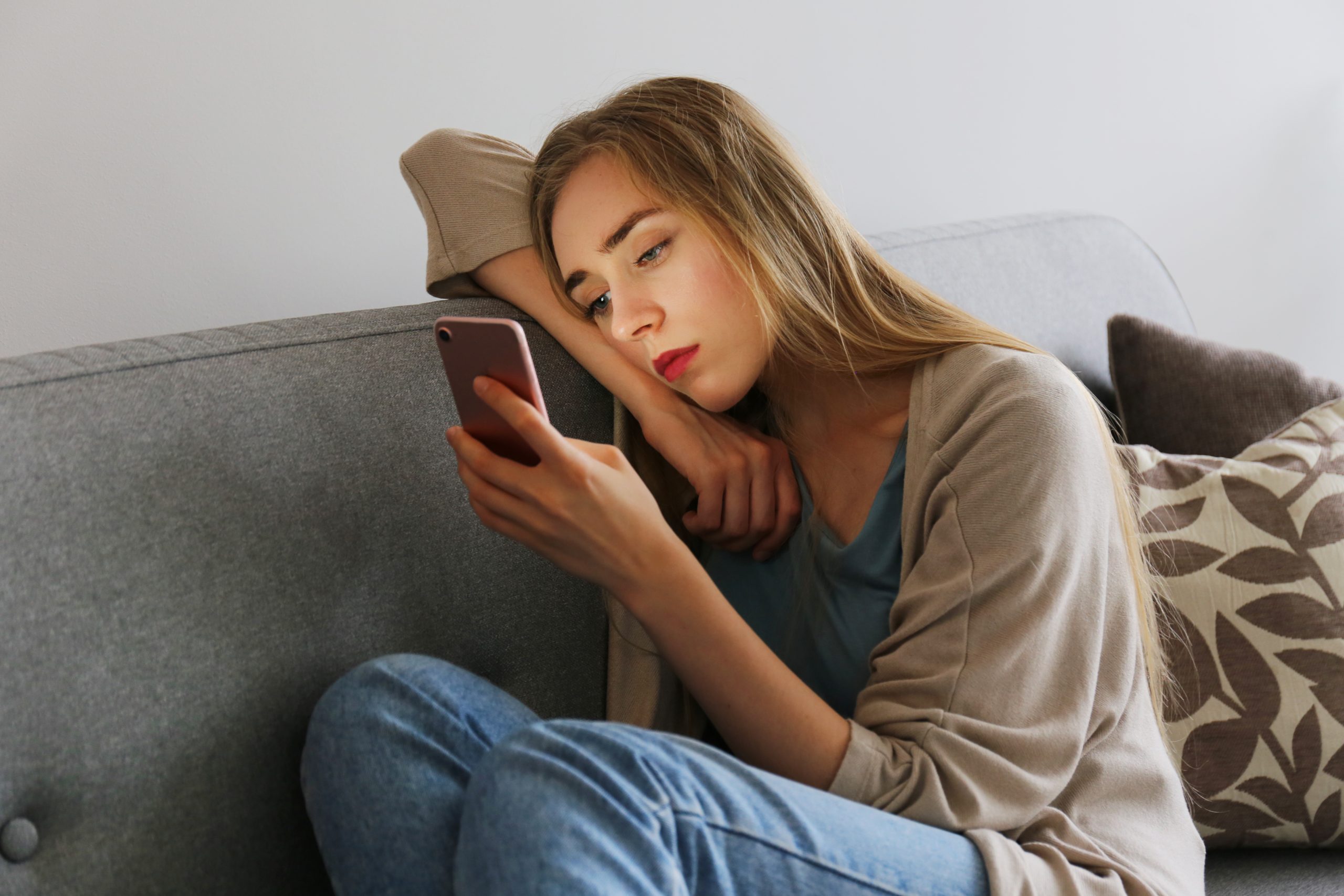
Small ways to cope with loneliness this Christmas
This article contains support for people who are feeling lonely throughout the festive season.
The statistics behind loneliness
There’s often a stereotype that loneliness mainly strikes older, isolated people. However, a recent BBC Loneliness Experiment Study found that 40% of 16 to 24-year-olds who took part said that they often feel lonely, compared with 27% of over 75s. They also reported higher levels of loneliness in young people across cultures, countries, and genders.
There are key life points which will increase the likelihood of feeling lonely. Some examples are:
- Moving away from home
- Starting university or a new job
- Becoming a new parent
- A relationship break-up
- Suffering a bereavement
- Retirement.
There are also certain times of year that can trigger acute feelings of loneliness. These include:
- Festive holidays
- Weekends
- Bank holidays
The five key points from the BBC study are the people who are lonely feel:
- that they have nobody to talk to
- disconnected from the world
- they feel left out
- sadness
- misunderstood.
Being alone is not the same as being lonely
Many people like to spend time on their own. Equally, living alone can have advantages. It gives you a greater level of independence and the freedom to choose how you spend your time. Living alone is not an issue, but if you find that you are not spending enough time with others, this can lead to feelings of loneliness.
Social connections
Even if you are living in a crowded household or are surrounded by people, it is still possible to feel lonely. Family dynamics can also be difficult and may increase your feelings of loneliness due to a need to get away for a while. If you have large family gatherings on special occasions, this can lead to feelings of stress. This can lead to feelings of isolation, even if you are surrounded by people. Making good quality social connections can help to support you when going through difficult times.
Here are some suggestions for ways to connect and create good quality social connections:
- talk to someone instead of sending an email or text
- speak to someone new
- ask about someone’s week and really listen to what they tell you
- set aside five minutes to find out how someone really is
- thank the people you are grateful to
- give a colleague a lift to work or share a journey home.
For further information and tips on connecting with people, take a look at our page on Staying connected with others or the Action for happiness website.
Peer Support
It is important to talk about how you are feeling. You can reach out to our Listening Friends in order to connect with another pharmacist. This peer support service offers you the choice of speaking in confidence and anonymously to one of our trained volunteer pharmacists about issues you may be encountering in your work life and studies. This will give you the opportunity to talk about your loneliness and how you are feeling. Listening Friends can call you in the daytime, the evening or at the weekend so you should be able to choose a time that suits you, regardless of your schedule.
Find out more about Listening Friends
Counselling
If you feel that you would benefit from a great level of support you could have a look at our counselling offer. Thanks to a grant from the Covid-19 Healthcare Support Appeal (CHSA) we are now able to provide direct psychological support for those who are experiencing mental health issues. We are able to fund up to twelve counselling sessions through a new counselling partnership.
The counsellors are there to help you deal with a variety of issues. By seeking constructive help, you may identify ways of addressing the root causes of your concerns in order to help you to cope.
Find out more about counselling
Wellbeing
If you are feeling sad and lonely you may be less likely to want to socialise with others, which can lead to longer term feelings of loneliness and isolation. The Mental Health Strategic Partnership (this partnership comprises of Mind, Mental Health Foundation, Rethink Mental Illness, Mental Health Providers Forum, Network for Mental Health, Centre for Mental Health and The AFIYA Trust) Building resilient communities report found that social connections were frequently highlighted as one of the most important factors, not only for wellbeing, but also for longer term resilience. Evidence suggests that feeling close to, and valued by, other people is a fundamental human need and one that contributes to functioning well in the world.
Part of wellbeing is engaging in activities that you enjoy and that lead to pleasure, so joining a group of people in order to pursue a hobby can be a great way to both connect with others and to help you to enjoy a pursuit you love. This could be anything from joining a yoga class, taking a painting class, joining a gardening group, taking part in parkrun, or learning a martial art. The options are endless! And if you choose to join a group taking part in exercise, of course this can enhance your wellbeing even further as you reap the benefits of keeping active and fit.
